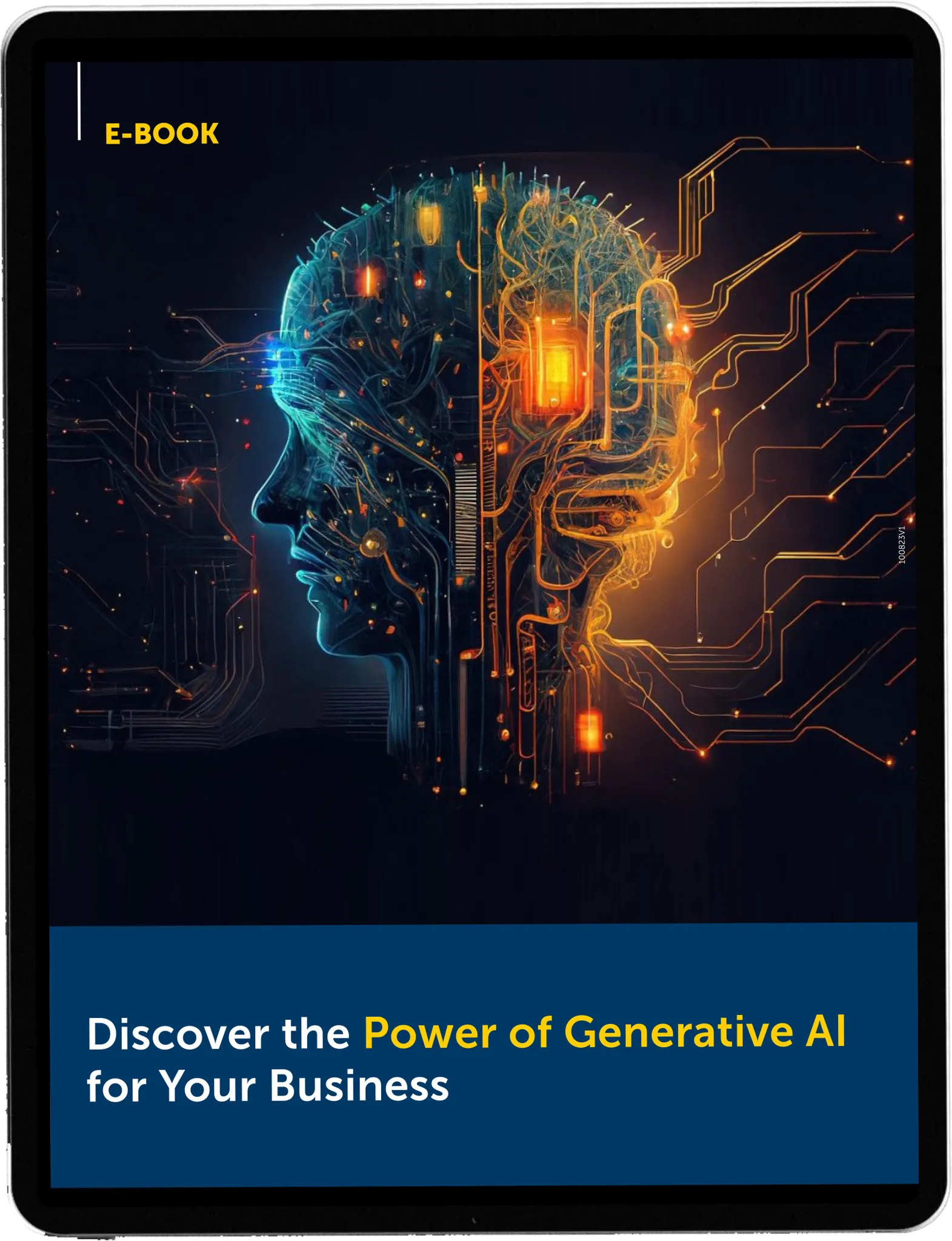
eBook
Generative AI Unleashed
Transforming industries with creative Artificial Intelligence

Develop, launch, and oversee cutting-edge Enterprise AI applications powered by GenAI EnginesTM and Predictive AI EnginesTM
Fusemachines AI StudioTM empowers enterprises with tailored solutions and seamless integration of the best tools, enhancing value across specific use cases.
Learn More
The future of Generative AI for Information Extraction
A GenAI based Answer Generation Engine from Documents
Accelerate how you identify emerging fraud patterns and investigate them with AI
Advanced AI for Demand & Inventory Forecasting
Leverage the latest AI technology and AI talent that suit your business needs
"Fuse’s ability to deliver consistently outstanding solutions and strategic counsel is on par with their commitment to nurturing AI and tech talent through global education initiatives. Their unique role as experts and educators motivates us to continue finding ways to work together."
Discover insights from the success stories of our customers
